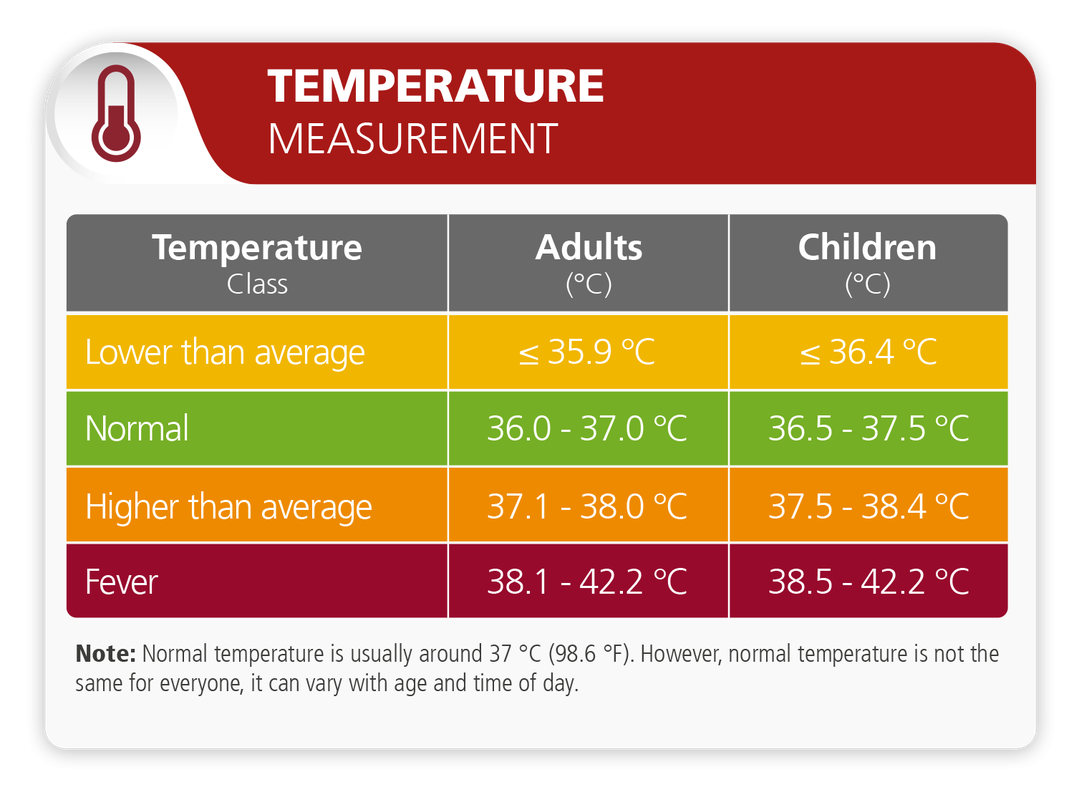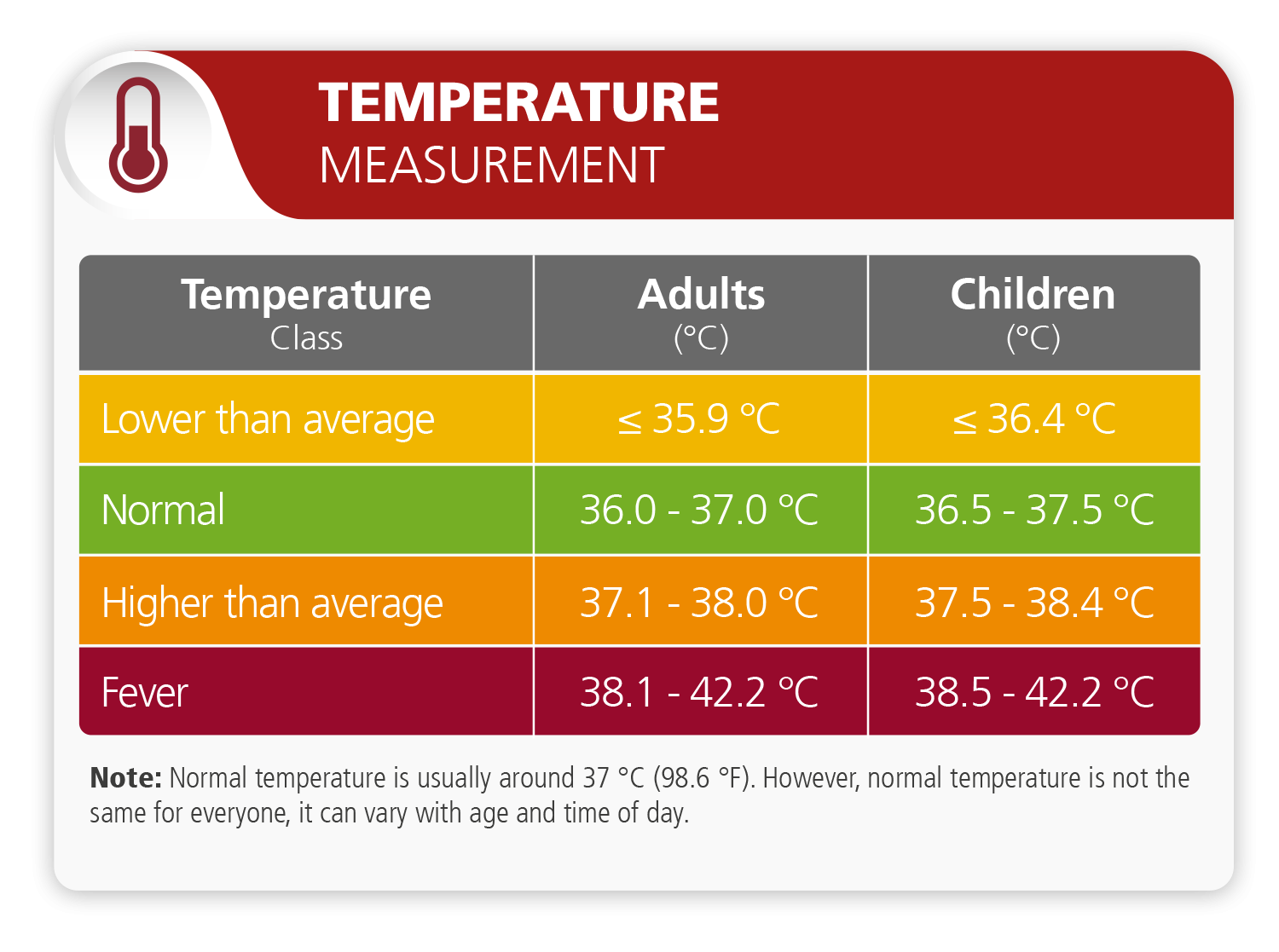In a world where precision and accuracy are paramount, understanding the average body temperature range is crucial. Whether you’re a medical professional, athlete, or simply someone who cares about their health, knowing what’s “normal” can make all the difference.
The Average Body Temperature Range: What You Need to Know
As humans, we often take our body temperature for granted – until we don’t feel quite right. Perhaps you’ve experienced a feverish night with a child or suffered from heat exhaustion after a strenuous workout. Whatever the reason, it’s essential to understand what constitutes a healthy body temperature and how it affects your overall well-being.
What is the Average Body Temperature Range?
The average human body temperature ranges between 97.7°F (36.5°C) and 99.5°F (37.4°C). Yes, you read that right – there’s a slim margin of acceptable temperatures! For most adults, the ideal body temperature is around 98.6°F (37°C), which is often referred to as the “normal” or “reference” temperature.

In a world where precision and accuracy are paramount, understanding the average body temperature range is crucial. Whether you’re a medical professional, athlete, or simply someone who cares about their health, knowing what’s “normal” can make all the difference.
The Average Body Temperature Range: What You Need to Know
As humans, we often take our body temperature for granted – until we don’t feel quite right. Perhaps you’ve experienced a feverish night with a child or suffered from heat exhaustion after a strenuous workout. Whatever the reason, it’s essential to understand what constitutes a healthy body temperature and how it affects your overall well-being.
What is the Average Body Temperature Range?
The average human body temperature ranges between 97.7°F (36.5°C) and 99.5°F (37.4°C). Yes, you read that right – there’s a slim margin of acceptable temperatures! For most adults, the ideal body temperature is around 98.6°F (37°C), which is often referred to as the “normal” or “reference” temperature.
Factors Affecting Body Temperature
Did you know that various factors can influence your body temperature? These include:
- The time of day: Your body temperature tends to be lower in the morning and higher in the evening.
- Age: Newborns have a slightly higher body temperature than adults, while older adults may experience a slight decrease.
- Circadian rhythm: Your natural sleep-wake cycle can impact your body temperature, with most people experiencing a dip during sleep and a peak in the late afternoon/early evening.
Understanding these factors can help you better interpret your body temperature readings and identify any potential issues.
The Importance of Accurate Temperature Measurement
Accurate temperature measurement is crucial for diagnosing various health conditions. For instance:
- Fever: A body temperature above 100.4°F (38°C) is often considered a fever, which can be indicative of an underlying infection.
- Hypothermia: A body temperature below 95°F (35°C) can signal hypothermia, particularly in individuals with compromised immune systems or those exposed to cold temperatures for extended periods.
Inaccurate temperature readings can lead to misdiagnosis or delayed treatment. By understanding the average body temperature range and factors that influence it, you’ll be better equipped to take control of your health and well-being.
Conclusion
As we’ve seen, the average human body temperature range is a crucial aspect of maintaining overall health. By considering the various factors that impact our body temperature and understanding what constitutes a healthy range, you’ll be empowered to make informed decisions about your health.
Get Personalized Health Insights
Stay ahead of the game with expert advice on maintaining a healthy body temperature range.
Consult a Health ExpertIn a world where precision and accuracy are paramount, understanding the average body temperature range is crucial. Whether you’re a medical professional, athlete, or simply someone who cares about their health, knowing what’s “normal” can make all the difference.
The Average Body Temperature Range: What You Need to Know
As humans, we often take our body temperature for granted – until we don’t feel quite right. Perhaps you’ve experienced a feverish night with a child or suffered from heat exhaustion after a strenuous workout. Whatever the reason, it’s essential to understand what constitutes a healthy body temperature and how it affects your overall well-being.
What is the Average Body Temperature Range?
The average human body temperature ranges between 97.7°F (36.5°C) and 99.5°F (37.4°C). Yes, you read that right – there’s a slim margin of acceptable temperatures! For most adults, the ideal body temperature is around 98.6°F (37°C), which is often referred to as the “normal” or “reference” temperature.
Key Takeaways
So, what have we covered so far?
- The average human body temperature range is between 97.7°F (36.5°C) and 99.5°F (37.4°C).
- The ideal or “normal” body temperature for most adults is around 98.6°F (37°C).
Final Insights
In conclusion, understanding the average body temperature range is vital for maintaining good health and detecting potential issues early on. Whether you’re monitoring your own temperature or that of a loved one, knowing what’s “normal” can make all the difference in seeking medical attention when needed.
Conclusion
In a world where precision and accuracy are paramount, it’s crucial to understand the average body temperature range. By grasping this fundamental concept, you’ll be better equipped to prioritize your health and well-being, making informed decisions about your care. So, take heed of these key points and remember: knowing what’s “normal” is just the beginning – staying vigilant and proactive can make all the difference in maintaining a healthy, happy life.



